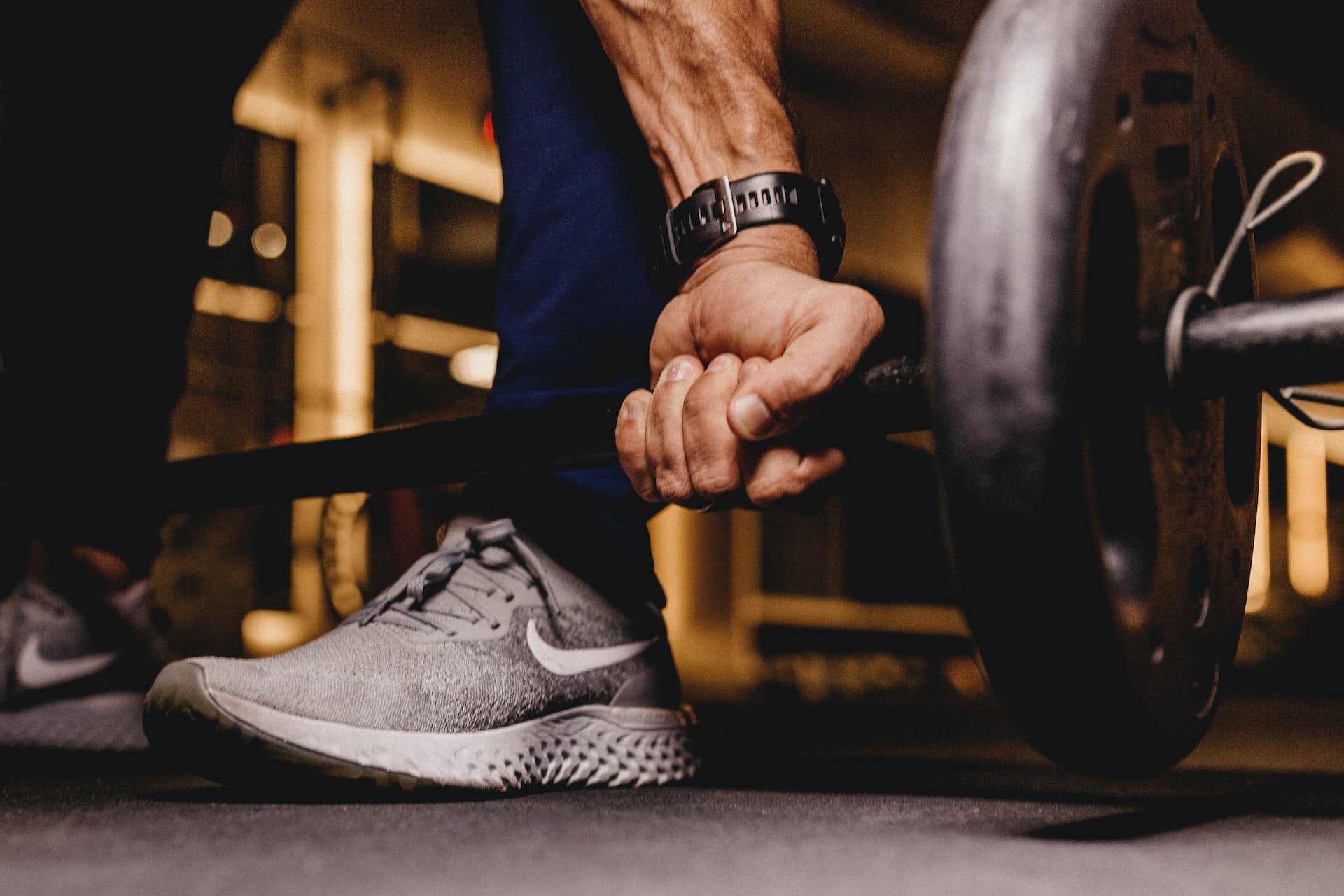The power of positive suggestion has long been recognized in medicine as having the ability to significantly and effectively improve symptoms. The mere assumption that a medication or other form of treatment will be beneficial can actually result in some advantages; this is known as the “placebo effect.” And even if the treatment is really a sham, consisting of an entirely useless material that is unable to have any physiological effect on the patient, these advantages are still possible. Unfortunately, a lot of individuals fall prey to the placebo effect and spend a lot of money on things that don’t actually have any benefits. They feel better as a result of the placebo effect, but this is entirely due to their views about the substance and has nothing to do with any physiological advantages.
How to avoid the placebo effect
Doctors and scientists must employ carefully controlled trials to examine the potential advantages of medicines (or other products like sports supplements) due to the placebo effect. This means that in addition to the medication, supplement, or other type of intervention, a control group is utilized. This group of patients undergoes the same trial protocol but receives a completely inert placebo—a sham therapy—instead of the possibly beneficial medication or treatment. Because the trenbolone acetate placebo effect is the same for all groups of individuals, you can be sure that any substantial difference in results between the “real” group and the control group is due to the treatment itself, not the placebo effect.
mental capacity and placebo
The impact of the brain and our beliefs on how we feel and function is becoming increasingly clear as new research come to light. For instance, research on endurance athletes demonstrates that you may workout more intensely while maintaining the same level of effort perception when you use music to improve your mood state. Similarly, your performance may be impacted by your expectations and beliefs. For instance, runners who are told they will be doing a 10km run feel a sudden increase in perceived effort if they learn halfway through the run that the distance is actually 20km rather than 10.
Additionally, several research have demonstrated that “fooling” the brain can improve performance. In one case, researchers tricked riders. Without any information about their own speed, the cyclists assumed that the researchers’ time trial speed was comparable to their best time trials. But in reality, the researchers had set it 2% faster. Ten of the 14 cyclists who participated in the study greatly outperformed their theoretically predicted best times. This demonstrated that several of the cyclists were able to squeeze out a little bit more performance by tricking the brain into thinking that the body was not working any harder (when it was)!
 What the mouth says about a placebo
What the mouth says about a placebo
Scientists agree that the placebo effect exists, but recent research from Germany reveals that for athletes, the type of supplement and how it interacts with the tongue may also have an impact on the amount of the effect. In order to determine whether the sort of placebo used had an impact on performance, the researchers in this study analyzed three scenarios. On a bicycle ergometer, 34 participants completed three time trials under the same circumstances. What they did previously was different, though:
No placebo, i.e., no treatment.
Four grams of amino acids in the form of tiny capsules made up of an inert placebo (note that no study has ever shown that such a small amount of amino acids given prior to exercise boosts performance).
a pudding with vanilla and grapefruit flavor that has the same number of (inert) amino acids as well as fiber and water.
Again, none of the athletes received anything that would have improved their physiological performance. This was essentially a no-placebo vs. discrete vs. significantly more interactive vs. interactive placebo (the pudding) test!
The outcomes
The results demonstrated that when the cyclists took the placebo pudding, their performance dramatically improved, even though their subjective levels of exertion did not. This was in contrast to eating the placebo as a capsule or not taking any placebo at all. In other words, even though none of the placebos included any substance proven to improve performance, the type of placebo employed had an impact on outcomes!
Why and how did this happen? The researchers attributed it to the pudding’s “high salience” qualities. Ingredients in this pudding triggered the mouth’s sweet and bitter taste receptors. Additionally, it contained a trace amount of cornstarch, which is known to activate the mouth’s carbohydrate receptors. The regular link between perceived exertion and actual exercise intensity may be partially “decoupled” with the use of this pre-exercise oral receptor stimulation. While this was going on, the low-salience capsules did not provide any such receptor stimulation; they were simply eaten with water. The fact that the athletes’ beliefs about the true nature of the ergogenic aid (inactive placebo vs. ergogenic supplement) did not affect the ergogenic placebo response provides additional support for this theory; in other words, these gains were due to the placebo effect but were “mouth receptor” driven rather than “belief driven.”
In contrast to placebo effects
Of course, while it’s nice to deceive the brain and try to maximize any placebo effect, using proven ergogenic supplements like caffeine, creatine, and good old carbs is an even better approach to assure improved performance! Through controlled trials, it has been demonstrated that these supplements significantly improve performance in addition to the placebo effect. In light of this, the articles listed below are a must-read for every runner, cyclist, triathlete, or swimmer who wants to ensure peak performance on the day and not just pray for it with a placebo effect!

